Episodes
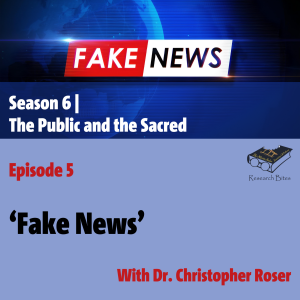
Tuesday Mar 18, 2025
'Fake News'
Tuesday Mar 18, 2025
Tuesday Mar 18, 2025
Research Bites, season 6: The Public and the Sacred
In this season of the MBSF podcast, 5 Buber fellows are sharing their cutting-edge research.
In this episode, Dr. Christopher Roser is joined by Dr. Eilat Maoz and Dr. Uri Eren for an in-depth exploration of the phenomenon known as "fake news." Together, they discuss the critical questions it raises and consider how it influences our perception and understanding of the core functions of news. This episode sheds light on the complex challenges misinformation presents across political and public spheres, revealing its far-reaching impact.
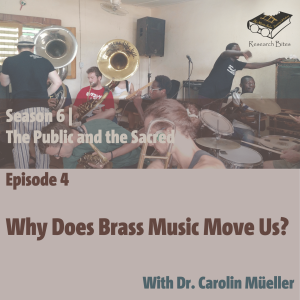
Tuesday Feb 18, 2025
Why Does Brass Music Move Us?
Tuesday Feb 18, 2025
Tuesday Feb 18, 2025
In this episode, Dr. Carolin Müeller offers a brief history of Brass music, its unique sounds and rhythms, and the way it has developed into a vibrant genre that connects people around the world. This episode looks into the connection between Brass music and different belief systems and religious rituals. It investigates the way Brass music changed people and lives as it connects between music and movement.
*The podcast was created for research and teaching purposes and not for profit. The podcast uses short, temporary musical excerpts, and if anyone believes their rights have been violated, please contact us via email buber.fellows@mail.huji.ac.il
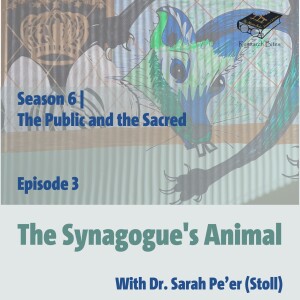
Tuesday Feb 11, 2025
The Synagogue's Animal
Tuesday Feb 11, 2025
Tuesday Feb 11, 2025
In this episode, Dr. Sarah Pe'er (stoll) looks into one of Kafka’s short stories: “The Animal in the Synagogue.” Through the story, we learn about the Jewish community in the 20th century, its struggles and conflicts. The episode also allows a wider discussion of the dynamics and subtleties that the Jewish community in Europe faced in light of the changing world.
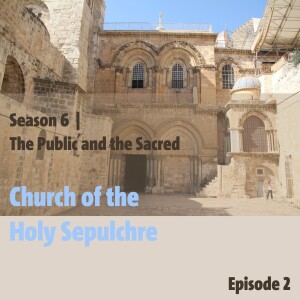
Tuesday Jan 28, 2025
Church of the Holy Sepulchre
Tuesday Jan 28, 2025
Tuesday Jan 28, 2025
In this episode, Dr. Kathatrina Palmberger takes us back in time to the foundation of the Holy Sepulchre Church in Jerusalem. By looking at the unique art and architecture of the church, this episode sheds light on the people who created it: the Crusaders'. This episode will uncover the historical significance of this extraordinary church and the Crusaders' efforts to integrate their identity into its architecture.
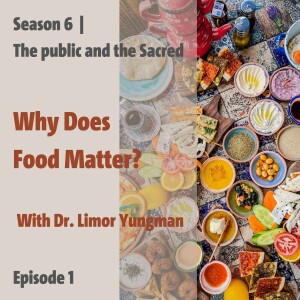
Tuesday Jan 21, 2025
Why Does Food Matter?
Tuesday Jan 21, 2025
Tuesday Jan 21, 2025
This episode is about food and people; Dr. Limor Yungman examines why food matters and why it is more than just eating. Looking at recipes from long ago, she discusses how food impacts places, cultures, and economic trade. Through these recipes, we can learn not only about the history of food but also about the role that food plays in the world.
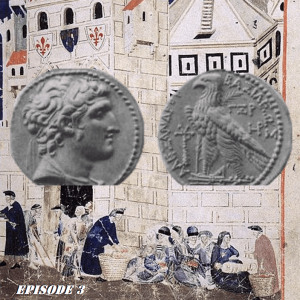
Monday Mar 06, 2023
I paid my dues
Monday Mar 06, 2023
Monday Mar 06, 2023
In this mini-series, Dr. Anna Gutgarts, Dr. Amit Gvaryahu and Dr. Idit Ben-Or will talk about how money makes the bonds that connect us to other people – and separates us as well. It's about how money constitutes what is public and what is private.
In the third act of the mini-series about money, Dr. Amit Gvaryahu will talk about how paying money would constitute the body politic of the ancient Jewish people and the Jerusalem temple, year after year.
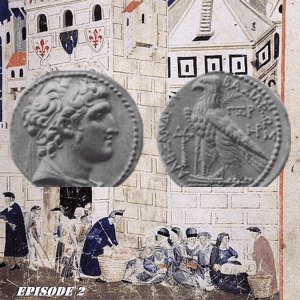
Monday Mar 06, 2023
Our house
Monday Mar 06, 2023
Monday Mar 06, 2023
This mini series is about how money makes the bonds that connect us to other people – and separates us as well. It's about how money constitutes what is public and what is private.
This is the second episode of the series. In this episode, Dr. Anna Gutgarts will talk about how medieval individuals worked together with institutions like churches in the urban environment of Crusader Jerusalem.
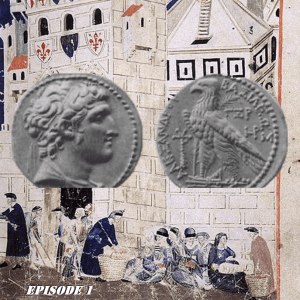
Monday Mar 06, 2023
Money, money, money
Monday Mar 06, 2023
Monday Mar 06, 2023
In this mini-series, Dr. Anna Gutgarts, Dr. Amit Gvaryahu and Dr. Idit Ben-Or will talk to each other about the role of money in making the bonds that connect us to other people – and erecting the fences that separate us from them, too.
This is the first act, in which Dr. Idit Ben-Or will talk about enterprising English individuals who made their own coins, and what exactly other people did with them, besides, of course, buying beer.

Tuesday Nov 09, 2021
Do some facts call out for explanation?
Tuesday Nov 09, 2021
Tuesday Nov 09, 2021
Some things seem like they just can't be coincidences. They seem to call for explanation. If you toss a coin many times and it repeatedly lands heads, that might be an example. Philosophers have used this idea to argue for some far-reaching conclusions, such as that there aren't really any numbers, that other universes exist and, more famously, that an all-powerful god exists. But what does it mean for something to call for explanation? And, are these arguments good ones?
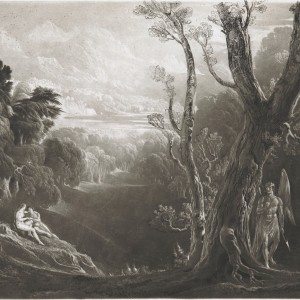
Tuesday Nov 09, 2021
The problem of evil
Tuesday Nov 09, 2021
Tuesday Nov 09, 2021
In the 5th century C.E. the Greek philosopher Proclus wrote that “the same argument that keeps the whole world perfect posits evil among beings.”
In the eighteenth century, the satirist Bernard Mandeville would inspire the economist Adam Smith with his poem describing a city where “every Part was full of Vice, Yet the whole Mass a Paradise.” Connecting these two distant thinkers is the claim that evil somehow contributes to the good of the whole. How can such an articulation of good and evil make sense? And how can studying such historical arguments be relevant to understanding our situation today?

